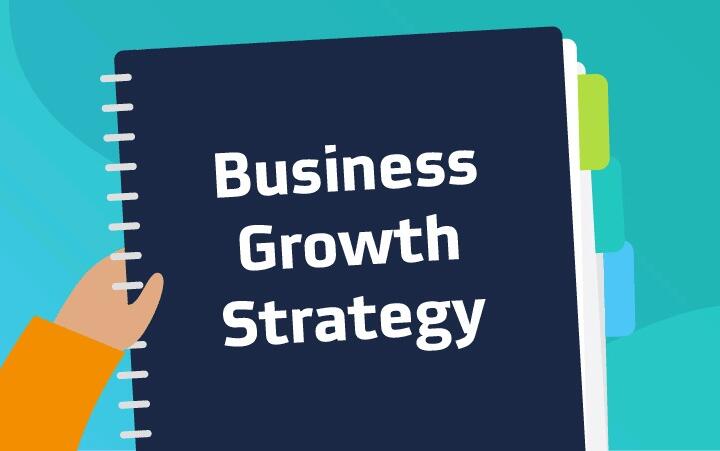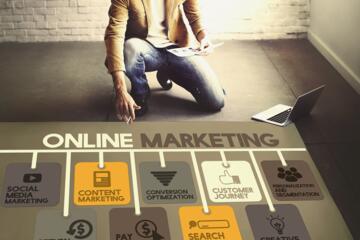Marketing is a critical component of any business, playing a pivotal role in attracting customers, building brand awareness, and driving sales. In today’s digital age, marketing has evolved far beyond traditional strategies, encompassing a wide range of techniques aimed at engaging customers across various platforms. Whether you're a small business or a large corporation, having an effective marketing strategy can set you on the path to sustained growth.

1. Understanding Your Target Audience
The first step in developing an effective marketing strategy is understanding who your customers are. Conducting market research can help you identify key demographics, preferences, and behaviors that inform your marketing efforts. By understanding your audience, you can create personalized messages that resonate with them and meet their specific needs.
2. Leveraging Digital Marketing
In the current marketing landscape, digital marketing is essential. This includes strategies such as search engine optimization (SEO), social media marketing, content marketing, and email campaigns. Digital platforms provide businesses with tools to reach vast audiences while offering measurable results. By optimizing your website for search engines or running targeted ads on social media platforms, you can increase visibility and drive traffic to your business.
3. Social Media Engagement
Social media has become an integral part of marketing for businesses of all sizes. Platforms like Facebook, Instagram, Twitter, and LinkedIn offer valuable opportunities to engage with your audience, share content, and build a community around your brand. Consistent, authentic, and creative posts can help you develop strong customer relationships and foster loyalty.
4. Content Marketing
Creating valuable, relevant content is one of the most effective ways to attract and retain customers. Blogs, videos, infographics, and e-books provide opportunities to educate your audience while also showcasing your expertise in your industry. Consistently publishing high-quality content will not only keep your audience engaged but also improve your search engine rankings, making it easier for potential customers to find you.
5. Email Marketing
Email marketing is another powerful tool that helps businesses nurture relationships with customers. By sending personalized emails, you can keep your audience informed about new products, promotions, or updates. Segmenting your email list ensures that you send the right message to the right people, increasing the likelihood of conversions.
6. Branding and Positioning
Establishing a strong brand identity is critical for differentiation in a crowded marketplace. Branding includes elements such as your logo, business name, tagline, and the overall image you project to your audience. A clear, consistent brand message helps customers recognize and connect with your business. Proper positioning ensures that your business appeals to the right target audience and emphasizes what makes you unique.
7. Paid Advertising
Paid advertising offers a quick way to boost visibility and generate leads. Google Ads, Facebook Ads, and Instagram Ads allow businesses to target specific demographics and drive immediate results. Paid ads can complement your organic marketing efforts, helping you reach a broader audience more efficiently.
8. Data-Driven Decisions
In modern marketing, data is crucial for making informed decisions. Analytics tools allow businesses to track customer behavior, website performance, and campaign success. By using data to monitor results, you can adjust strategies, identify areas of improvement, and ensure that your marketing efforts are delivering a solid return on investment.
Conclusion
Mastering marketing requires a mix of creativity, data analysis, and consistent effort. By understanding your audience, leveraging digital marketing techniques, and continually refining your strategies, you can effectively promote your business, build lasting relationships, and ultimately increase revenue. Whether you're just starting or looking to enhance your marketing efforts, implementing these key strategies will help set the stage for long-term success.





